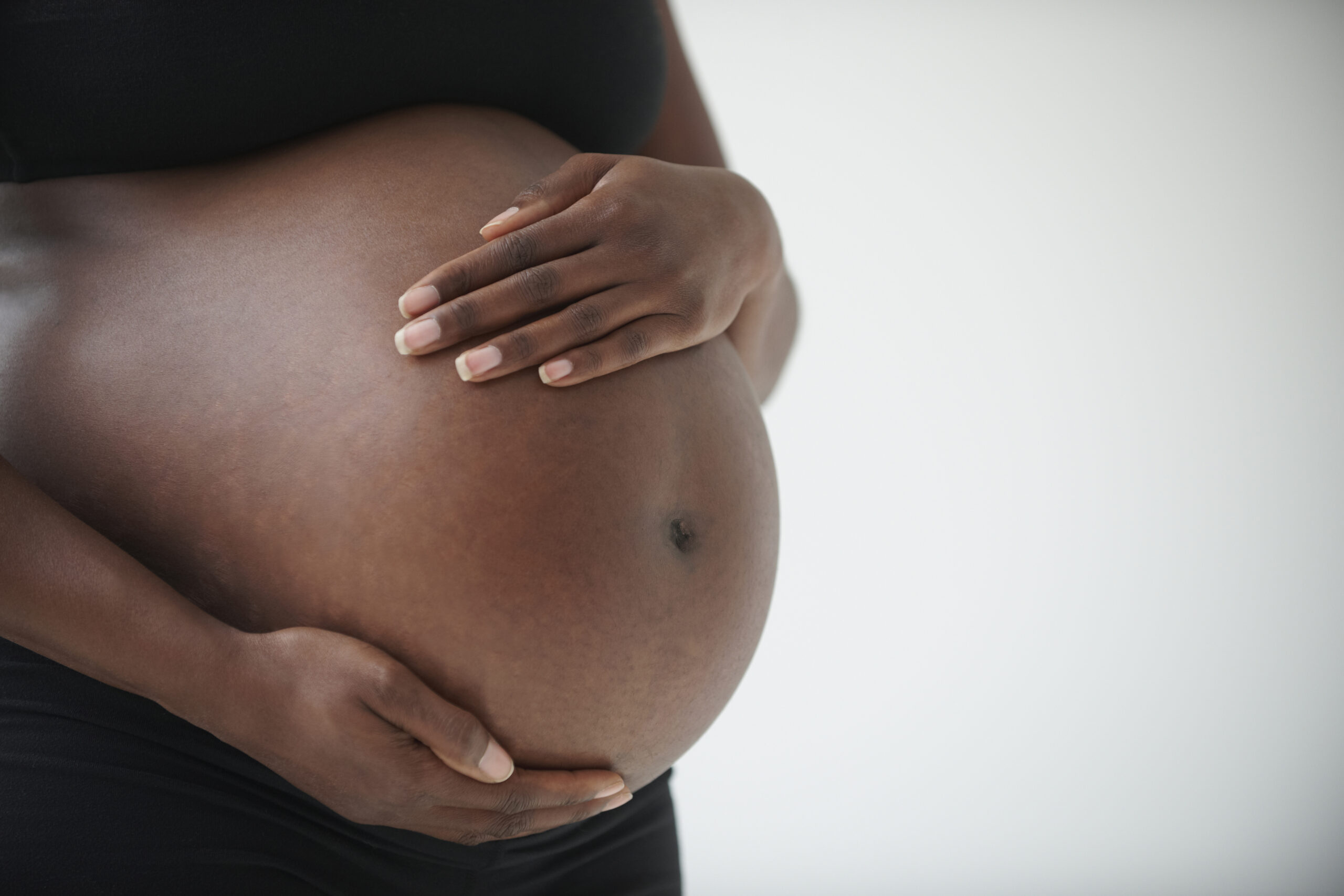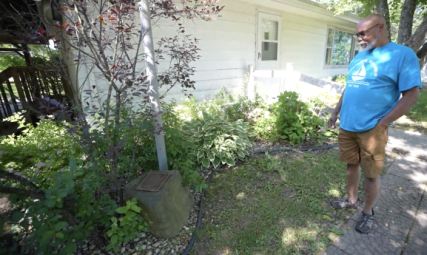Racism, inequality, embedded in ‘fabric of the community,’ report from Wisconsin county says
"Race to Equity 10-year Report: Dane County" comes a decade after the former Wisconsin Council on Children and Families concluded that Black residents fared considerably worse than white in virtually every area.
A new analysis sheds new light on the continued racism and inequality woven into the “fabric of the community” in a Wisconsin county.
Despite some progress, “Race to Equity 10-year Report: Dane County” indicates that many Black people continue confronting alarming gaps in health, education, and income, as well as unfavorable perceptions and different expectations from white residents, according to the Wisconsin State Journal.
“The lack of shared prosperity that impacts Black Dane County children and families will continue to influence the amount of control, autonomy, and opportunity they have access to if racial inequity and systemic racism continues to be embedded into the fabric of the community,” Carte’cia Lawrence, lead author of the report, said.

While unemployment and poverty rates for Black inhabitants in Dane County have reduced, the statewide antiracist policy organization noted they still endure poverty at approximately three times the rate of white citizens.
State policies, rules, and expenditure decisions heavily impact Dane County. While many Black families thrive in the county, it is not an oasis for many others, particularly those with low and moderate incomes. While 63% of white households own their houses, less than 15% of Black residents do.
The report found that Black inhabitants suffer difficulties in birth outcomes, chronic illnesses, mental health, and increased hospitalization rates for diabetes, high blood pressure and heart failure.
Black residents also experience higher infant mortality, hospitalizations for chronic diseases, cancer rates, and opioid overdoses, underscoring the need for paid family leave, Medicaid expansion, investment in community health workers, and addressing systemic inequalities.
In Dane County, Black babies experience over twice the infant mortality rate compared to white babies, attributed to preterm births, low birth weight, and delays in prenatal care.
Black parents who require infant care spend 48% of their median income on child care, more than double that of white parents. Black Wisconsin public schools students are more likely to get out-of-school suspensions, which the research attributes to administrative choices rather than student behavior.
The analysis comes a decade after the Wisconsin Council on Children and Families – now known as Kids Forward – “Race to Equity” report concluded Black people fared considerably worse than white residents in virtually every area.
The research noted that some Black residents’ economic well-being has improved over the previous decade. Since 2011, unemployment and poverty rates have declined, and Black households’ median income has grown.
However, many Black individuals in Dane County continue to earn less than half of what white people do. Poverty is 7.1 times greater among Black children than white, with the research faulting long-standing government practices that favored wealthy, white citizens.
According to the study, racism will continue to impair the country’s cultural vitality, economic competitiveness, and overall quality of life until officials and corporations take a firm stand against it.
The study makes several reform recommendations, including local employers raising the minimum wage for hourly workers, expanding youth mental health services, raising teacher pay, and providing at least 12 weeks of paid family and medical leave to private and public employees.
“It’s really important that they did this follow-up,” County Executive Joe Parisi said, the Journal reported. “The initial Race to Equity report was really important for our community, and it was a call to action. Not only is it important to have updated data, but it’s extremely important to keeping the conversation front and center.”
TheGrio is FREE on your TV via Apple TV, Amazon Fire, Roku and Android TV. Also, please download theGrio mobile apps today!


